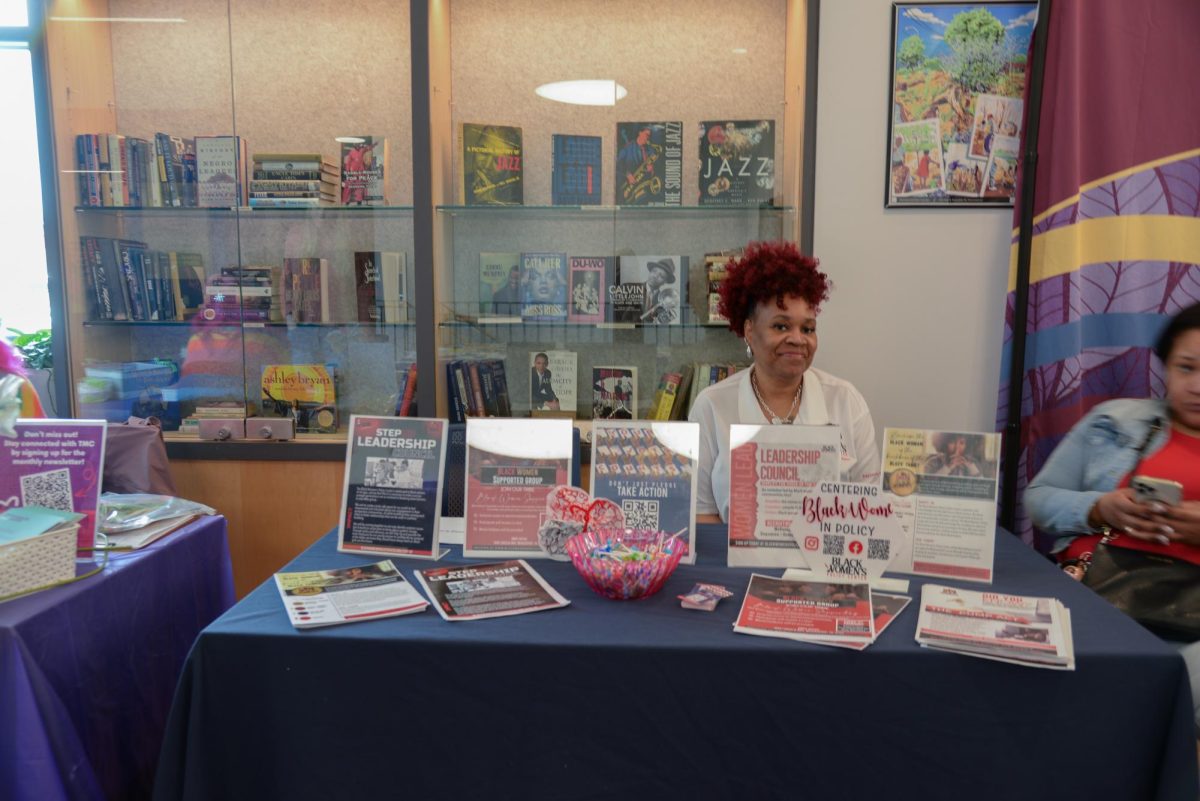Internet archiving eliminates books, posterity
January 31, 2005
When the library at Alexandria was burned in 48 B.C., Antiquity’s greatest repository of… When the library at Alexandria was burned in 48 B.C., Antiquity’s greatest repository of knowledge was lost. Scholars and historians, who are now left to guess what was contained within, have lamented the loss of those documents for 2000 years.
But we know how we lost the knowledge. Future archeologists and historians may never have a clue why they can’t learn a thing about us.
Last month, the Internet search engine operator Google announced that it would begin scanning and digitizing more than 15 million books in university collections so they can be searched and read online. The announcement has already launched a race between libraries and online services to offer digital books in return for selling advertising.
Librarians and database operators have hailed the project as a step towards democratizing information that has only been available to academics in those old-fashioned things we call “books.”
Huzzah! All information is free to those who have a computer. If you want to read it again, you can burn it on a CD or save it on your hard drive. That’s all well and good for today, and for 20 years from now, but not for posterity.
The computer age is barely 50 years old, and compact disc technology is younger than the average college student. But CDs will function for a century or even less, based on accelerated aging tests. And that’s only assuming that time is kind, and nothing bumps, scratches, burns, oxidizes or leaves fingerprints on it.
Hard drives and floppy discs are even more susceptible to damage from power surges, magnetic waves and a number of malfunctions that anyone whose computer has crashed knows about.
With fewer hard copies of information in existence, future historians may figure out what computers were, even how they worked, but never what they held, much like the contents of the library at Alexandria.
So, what will they think of us in the future?
“Well, they didn’t seem to care about records back in the 21st century. We couldn’t find any. We can only assume they didn’t care.”
On e-mail: “No one sent information to anyone else. No one sent letters or pictures to anyone else. Maybe they forgot how to write like they did in the Dark Ages.”
On CDs: “We did find a lot of these round things with holes in the middle. One side was shiny and the other had art or markings on it. It’s rather odd that they went through the trouble of painting and naming their coasters.”
On computers: “Almost every dwelling had a box with lots of wires and tubes, with a screen on top. Some of the boxes were connected to other boxes. We scanned them, but there’s nothing in them. This might have been some type of artistic expression. The ones with the apple on them are kind of pretty.”
“Our conclusion is that they had no concern for their progeny. If they had information, or if they accomplished anything, we sure can’t find any trace of it.”
In fact, the era in which we live might gain its name based on our technology: Antiquity, Dark Ages, Renaissance, Baroque, Modern, Nothing.
What medium do we have that could last longer than all the others? That would be records, like the old vinyl things that your parents used to buy. If they survive for archeologists, they will think all we listened to were Frank Sinatra and hip-hop remixes.
Our only hope may lie in the vast expanse of outer space. While we on Earth make information that will not survive, the NASA Voyager I probe speeds away from our solar system, after its mission to scan other planets ended. The probe holds a golden record that contains, among other selections, Bach’s “Well-Tempered Clavier” and Louis Armstrong’s “Melancholy Blues.”
Let’s hope other planets know something about us, because the future of this one may not.
You can e-mail Michael Mastroianni at realityfactory@yahoo.com, but in a few decades, it won’t have done any good.


